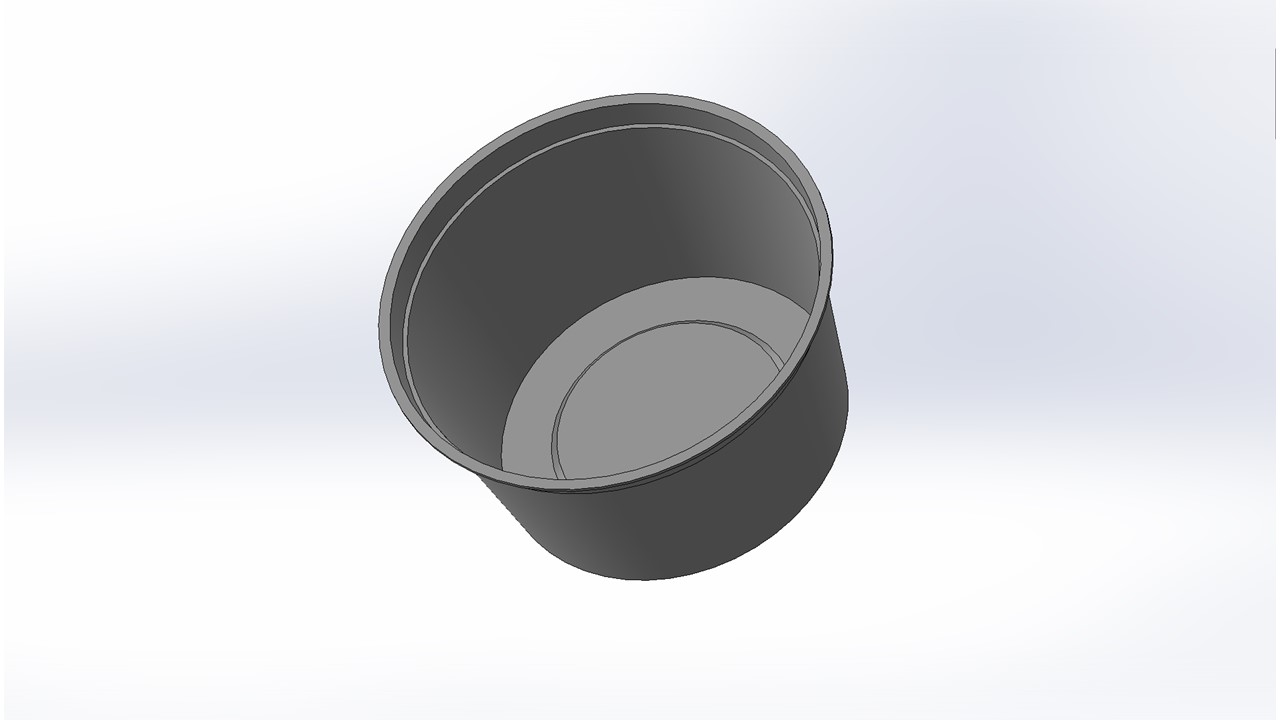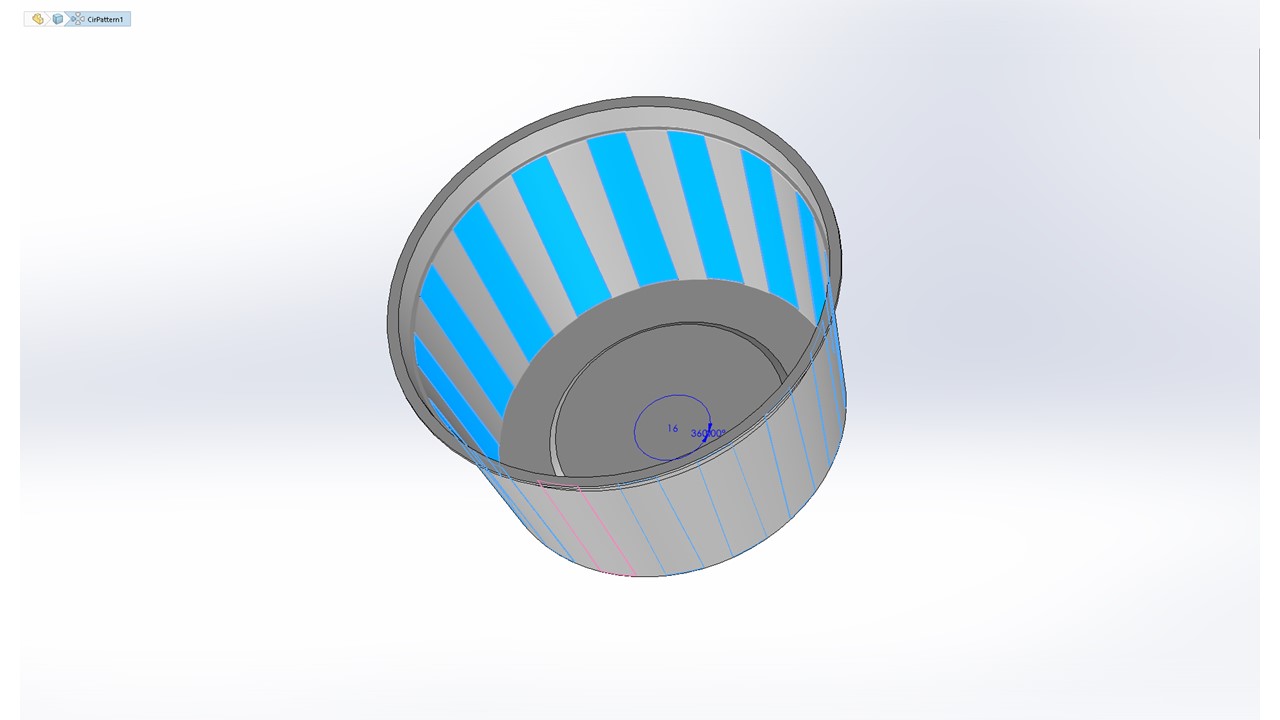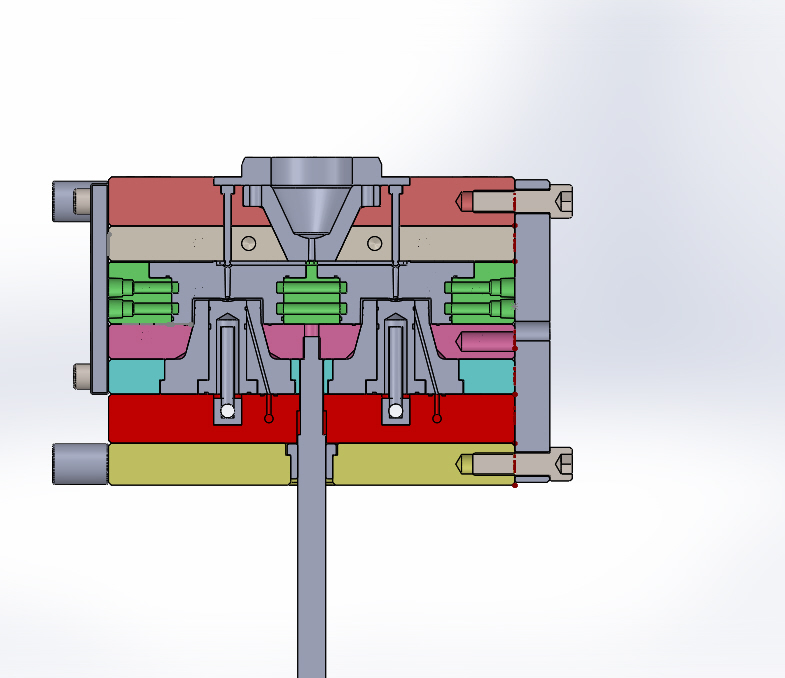- Home
- Lean Principles
- Machine Selection
- Mold Design
- Mold Interlocking
- Mold Making
- Plastic Material Technology
- Molding Process
- Plastic News
- What's New
- Privacy Policy
- Disclaimer
- Site Map
- Poll
- Polishing
- 3D Rapid Prototyping
- Molding Companies
- Contact Us
- Proven Thinwall Packaging Mold Designs For Sale
- MOLD WEIGHT CALCULATOR
- HOT RUNNER VERSUS COLD RUNNER
Ultra Thin Wall Injection Molding
Light weighting plastic parts
SCROLL DOWN TO SEE ULTRA THIN WALL 500ML TUB FOR SALE
Ultra thin wall injection molding is about making traditional thin wall plastic parts even lighter by modifying the normally uniform wall thickness. With the aid of plastic simulation software several different part configurations can be tested to ensure manufacturability on traditional packaging moulding machines.
Advantages of ultra thin wall injection molding
One of the advantages of ultra thin wall injection molding of parts is using less resin. This means lighter parts reflect a lower cost per part which is especially important as material costs rise. This means profit margins will increase.
Lighter parts are also a benefit for the environment. Transporting lighter parts by road or by sea reduces fuel usage.
Lighter parts also make your products more marketable. Today consumers are more aware of some of the disadvantages of plastic in the environment when they are not disposed of correctly either by recycling or composting. Lighter parts mean less plastic waste in the environment.
Ultra thin wall injection molding is also suitable for In Mould Labelling (IML). The modified wall thickness exists on the core side of the mould so the cavity surface remains smooth for good label adhesion.
Another advantage of ultra thin wall injection molding is that it can also be done using traditional thin wall packaging machines & moulds. Higher injection pressures and clamp tonnages are required but are still within normal processing limits.
Points to Consider
Some other points to consider before embarking on ultra thin wall injection molding:
1. Do you maintain your moulds? Slight wear on the locking taper between core & cavity will have a big impact on part quality.
2. Do you maintain your moulding machines? Tie bar stretch must be even. Platens kept clean & flat.
3. Skilled technicians. Do your process technicians have the skill to fine tune process parameters. Small changes in process parameters can have a big impact on part quality.
4. Can you get access to high flow resins for your application. Ultra thin wall injection molding means different wall thicknesses for different part applications.
Conclusion
In order to do ultra thin wall injection molding properly one should work with an experienced thin wall moulding company. Thin wall moulding has a lot of traps for the unaware so the right approach must be taken when doing part design, mould design & processing. See below for example of how to reduce part weight.
Example for Sale
Below is an example of a thin wall packaging part which has been modified in order to reduce weight.
500ml thin wall
disposable food tub.
 Figure 1 ORIGINAL 500ML TUB 0.4MM WALL 10.7 GRAM
Figure 1 ORIGINAL 500ML TUB 0.4MM WALL 10.7 GRAMThe original food tub in figure 1 is 10.7 grams. This is a standard single use food tub designed for take away food.
Figure 2 shows how the original tub has been modified to reduce the weight by 1.7 grams to 9.0 grams That’s a 15% reduction in resin per part. The blue areas have a wall of 0.20mm while the rest of the tub has a wall of 0.4. This part is still mouldable. Part design is for sale below. Using a 70 MFI homo-polymer PP, simulation software shows an increase of clamp tonnage & injection pressure of 35%. So, if your existing injection pressure is 900 Bar using clamp tonnage of 50 tons then this will increase to 1215 Bar & 67.5 ton respectively. This is still within limits of traditional thin wall packaging moulding machines.
 Figure 2- Modified 500ml tub 9.0 grams
Figure 2- Modified 500ml tub 9.0 gramsBelow is the plastic flow simulation:
Buy Now:
Click the Buy Now link below to purchase for $US19.00 using PayPal
After successful payment you will receive a link for immediate download.
Can buy this 3D data to use directly for a new 500ml tub or use the concept to modify other tub sizes. Contact us if you need help.
Return from Ultra Thin Wall Injection Molding to Thin wall Injection Molding





